Rarely does one have the opportunity to understand the complexities of modern political problems through the lens of an artist. It means that, for many of us engaged in the pursuit of understanding public policy and the societies and economies which are either beneficiary or victim of it, the term ‘aesthetic’ is often employed as a term of some derision. The word is used to convey unnecessary luxury or even vanity. That is a terrible shame. Because, as Giles Auty conveys subtly through this book, the artistic world is the fruit of our understanding of ourselves. When we think of the world around us as a divine gift, glorious in its complexity and boundless in its beauty, our artists produce masterpieces of paint and stone in the visual arts and architecture that build our institutions and our optimism about one another.
The opposite is also true. When we perceive the people and politics of our times as those of opposition or division – gays versus straights, blacks versus whites, men versus women, communists versus capitalists – the arts deliver judgment and commentary but not joy or hope. Until I read this book it had not occurred to me that the rationale for conceptual art, in which I had struggled to find much that was visually compelling, was ‘to hasten the desired demise of capitalism’ by depriving art dealers of the tangible objects with which to trade. I had simply thought that it was in poor taste.
It is in the reflection upon the link between political thinking and the artistic works such thinking produces, that Mr Auty’s new work has brought unexpected pleasure.
Postmodernist Australia, How to Create an Unholy Mess is a slim volume and it is an easy read. As a part of the series called the ‘Snowflake Chronicles’ it attempts to push back on the literary establishment’s hostility to engaging with topics that, though once up for debate, are now firmly taboo. The first volume, by Nicola Wright, engaged with the topic of abortion. Auty’s target is the toxic effect of postmodernism on modern Australia. If the series is to reach its potential, it will not stop there, and will provide in subsequent editions a contrarian challenge to other seemingly untouchable subjects like climate change or gender fluidity. The very fact that to engage in a literary debate about such topics is perceived as dangerous says something of how un-intellectual our intellectual elite have become. A few generations ago this elite would have been the jealous guardians of free speech. Now, rather than respectfully debating different ideas, the academic and journalistic class, fed by the short attention spans of Twitter-style communication, now employ shoutiness and judgment rather than serious engagement with ideas. When the objective is to shut down challenging ideas, it is far easier to do so using the kind of social labelling that alienates the thinker as an extremist or dangerous ideologue. As David Lee observes, that means that ‘what started as speculative viewpoints have been repeated so frequently and so vehemently and espoused so uncritically by the establishment and media that they have ossified into incontrovertible facts.’ It has the twin advantage of deterring other, less courageous minds, from taking on the new pseudo-consensus.
I expected a summary of the ways in which neo-Marxist theory has undermined the strength of Australian society’s resilience and cohesion, the richness of its culture and its capacity to deal with future challenges. Postmodernist Australia delivered on that promise, although I confess my desire for the evidence behind the arguments was left wanting at times. That is the difficult-to-avoid corollary of brevity. Auty more than makes up for it by making plentiful recommendations of other works that can be consulted for further information on each of the themes he explores, from marriage to education, law to environmental dogma.
It is a strength that Auty so simply explains the refashioning of Marx’s communism into the more subversive and effective neo-Marxism that has until relatively recently been allowed to enter and undermine the most trusted Western institutions without much scrutiny. He clearly outlines the way in which the Frankfurt School transformed economic-based communism to the much more successful cultural applications, such as the concept of equality applied to income, gender and sexual matters. He well illustrates the role that the manipulation of language has played in that project. In doing so he offers an accessible introduction to why a rising number of people are persistently concerned about political correctness.
It culminates in a clear explanation of why Australians’ confidence in their institutions, whether it be our democracy, the legal system, banks, the Church or the family unit has never been lower. Indeed, such undermining is necessary to achieve neo-Marxism’s real objective: the end of the Western liberal democracy and the imposition of the communism Marx espoused. Auty does not fail to remind us of the consequences of that objective being achieved. With an abundance of personal anecdotes collected from a lifetime of travels on the Eastern side of the Iron Curtain and reflections on the reality of life in places like Cambodia and Cuba, we are treated to his on-the-ground experience of living under the ideology that killed 94 million people in the twentieth century. And yet, despite the staggering quality of this statistic, it is in the small stories that the oppression gets its colour: in the desperate pleas of a Russian woman for Mr Auty to smuggle her some washing powder; or in the fearful, scrambling reaction of an Aeroflot clerk to hearing the name of a KGB officer. It is also those stories which give with the greatest force the reality check that so many Australian intellectuals need.
Got something to add? Join the discussion and comment below.
Get 10 issues for just $10
Subscribe to The Spectator Australia today for the next 10 magazine issues, plus full online access, for just $10.
You might disagree with half of it, but you’ll enjoy reading all of it. Try your first month for free, then just $2 a week for the remainder of your first year.

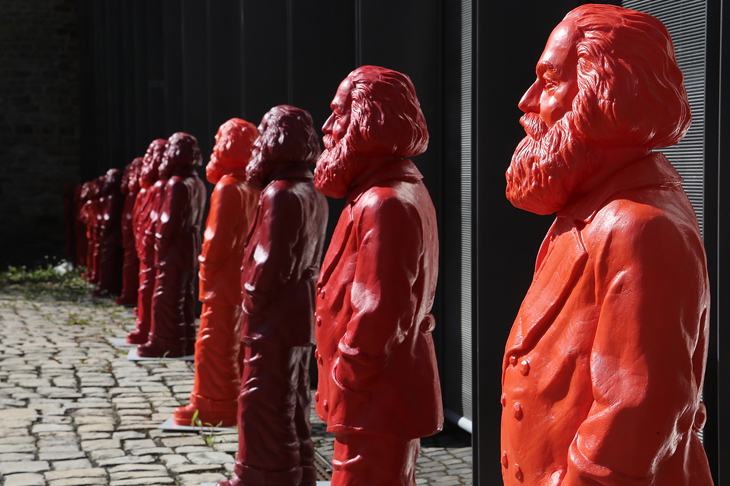
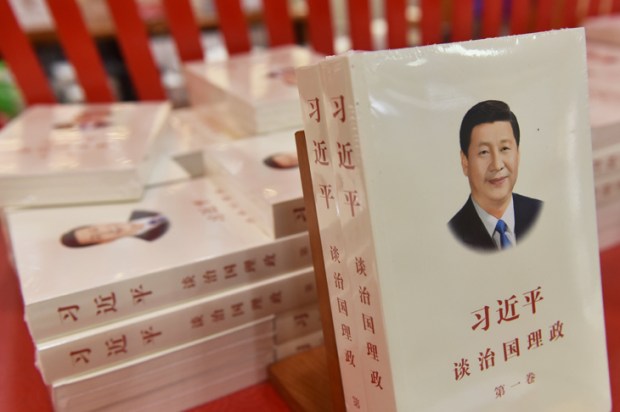
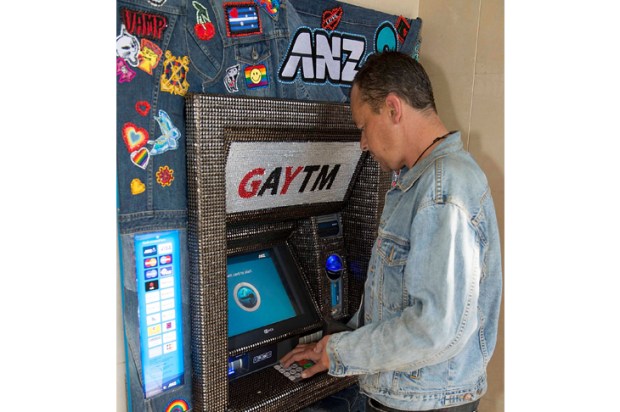
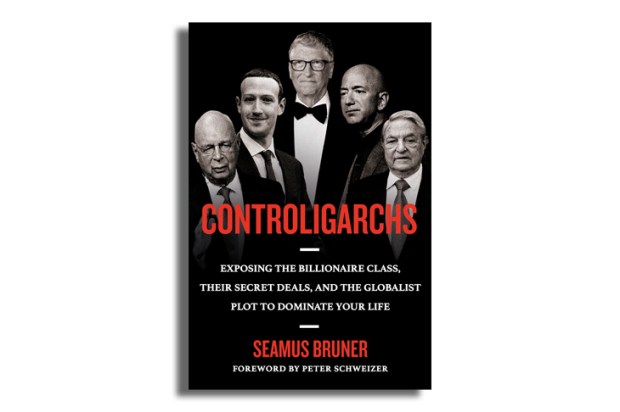
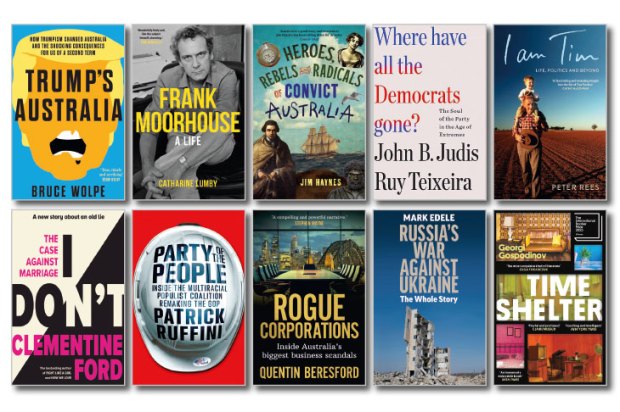
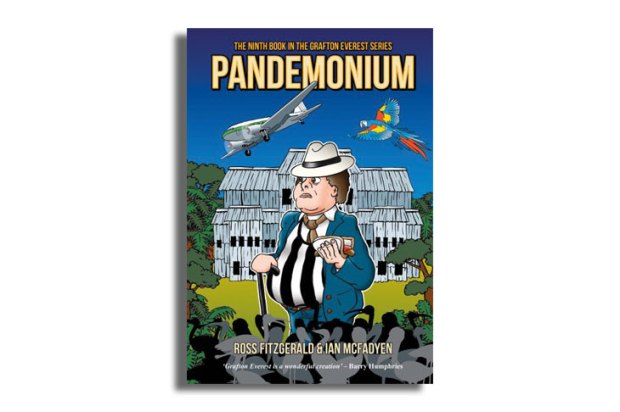
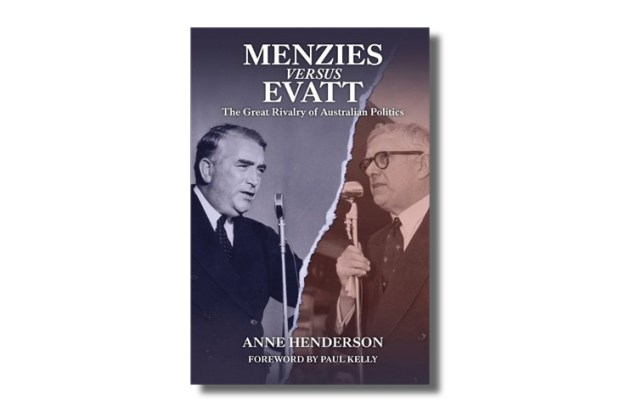






Comments
Don't miss out
Join the conversation with other Spectator Australia readers. Subscribe to leave a comment.
SUBSCRIBEAlready a subscriber? Log in